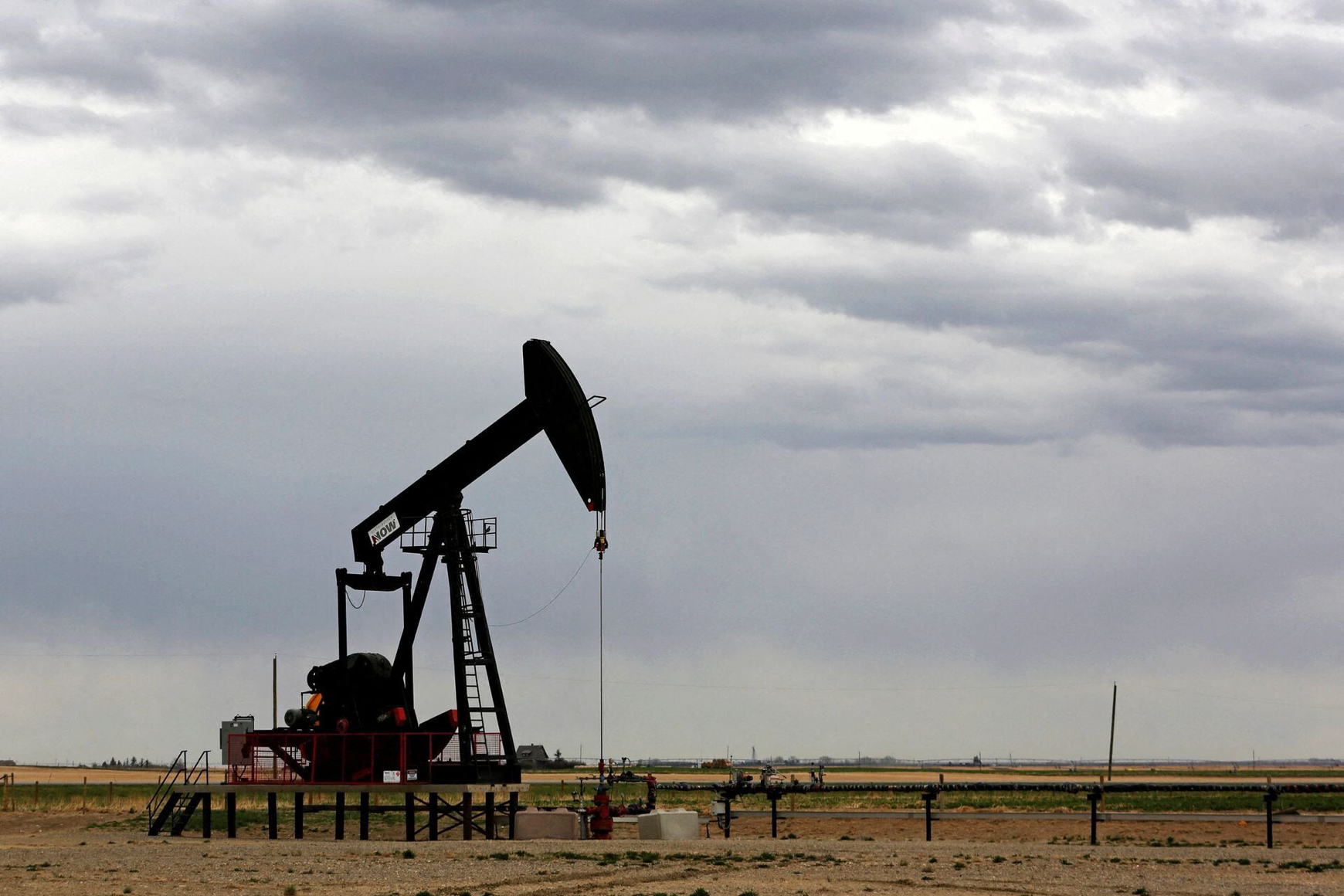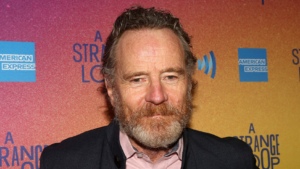Some Canadian oil and gas producers say they will not rush to accelerate emissions cuts until they see if unpopular Prime Minister Justin Trudeau survives long enough to implement his proposed oil and gas emissions cap.
The long-delayed framework, released this month, demands oil companies in Canada cut carbon emissions by up to 38% by 2030 from 2019 levels. But polls show the opposition Conservatives led by Pierre Poilievre – who oppose the cap – with a commanding lead over Trudeau’s Liberals before an expected 2025 election, raising the prospect that plans for the cap will be abandoned.
Canada’s main oil-producing province Alberta has also vowed to develop a “constitutional shield” against the cap.
Some small- and medium-sized oil companies are openly asking if the Liberals losing in the 2025 election would avert the need to accelerate emissions cuts. Canada is the world’s fourth-biggest crude producer and the oil and gas industry is the country’s highest-polluting sector, accounting for more than a quarter of all emissions.
Yangarra Resources (YGR.TO), which produces 12,500 barrels of oil equivalent per day (boe/d), will continue cutting emissions as long as it makes money or improves efficiency from doing so, said CEO Jim Evaskevich.
“If we get to where we’re having to spend a lot of money to become way more draconian with our reductions, then we’re going to look at the federal election and go, ‘yeah no we’re not spending that money, no way.’ Because our fervent hope is (Trudeau) is gone,” Evaskevich said.
Rising Canadian oil and gas production means the sector’s absolute emissions have climbed about 13% since 2005, according to the Canadian Climate Institute, even as its emissions intensity – the amount of carbon emitted per barrel of oil produced – has fallen.
A federal environment ministry spokesperson said oil companies should comply with the cap “because it makes business sense”.
“They are making record profits at a time where affordability and the environment are the two most important issues,” the spokesperson added.
A QUESTION OF SURVIVAL
Resistance from small and mid-cap producers underscores the rift between the Liberal government’s climate policies, some of which have been rejected by the courts, and a sector critically important to Canada’s economy.
Shannon Stubbs, the Conservative shadow minister for natural resources, said the emissions cap represents federal over-reach into provincial jurisdiction.
Pathways Alliance, representing the six biggest oil sands companies, said it would not speculate on what a future government may look like and was committed to reaching net-zero emissions by 2050.
Oil sands companies account for 65% of Canada’s oil production and are relying largely on proposed carbon capture and sequestration projects to cut emissions, although they have not yet committed the capital to build them.
Tamarack Valley Energy (TVE.TO), which plans to produce about 62,000 boe/d in 2024, is already reducing methane emissions from gas infrastructure but needs more details about the cap before it can decide if it must cut faster, said CEO Brian Schmidt.
The possibilities of a government change and of courts rejecting the emissions cap mean “nobody’s putting much weight” into the cap yet, including Tamarack, Schmidt said.
Tristan Goodman, CEO of the Explorers and Producers Association of Canada, said producers had made significant progress in reducing emissions, mainly through cutting methane emissions, and efforts would continue regardless of the political party in power.
Despite the emissions cap, Bonterra Energy (BNE.TO) is looking to boost production to above 20,000 boe/d from 14,000 boe/d currently, through acquisitions, CEO Pat Oliver said.
Bonterra is already cutting emissions by reducing gas flaring and replacing old equipment, but is unlikely to accelerate efforts until there is clarity on the rules and the Liberal government’s fate, Oliver added.
“Say that we would have to spend significant capital (to comply), we would have a look at, is this government going to survive and what are the chances of this legislation surviving?” Oliver said.
Reporting by Rod Nickel in Winnipeg, Manitoba and Nia Williams in British Columbia, editing by Deepa Babington
Our Standards: The Thomson Reuters Trust Principles




